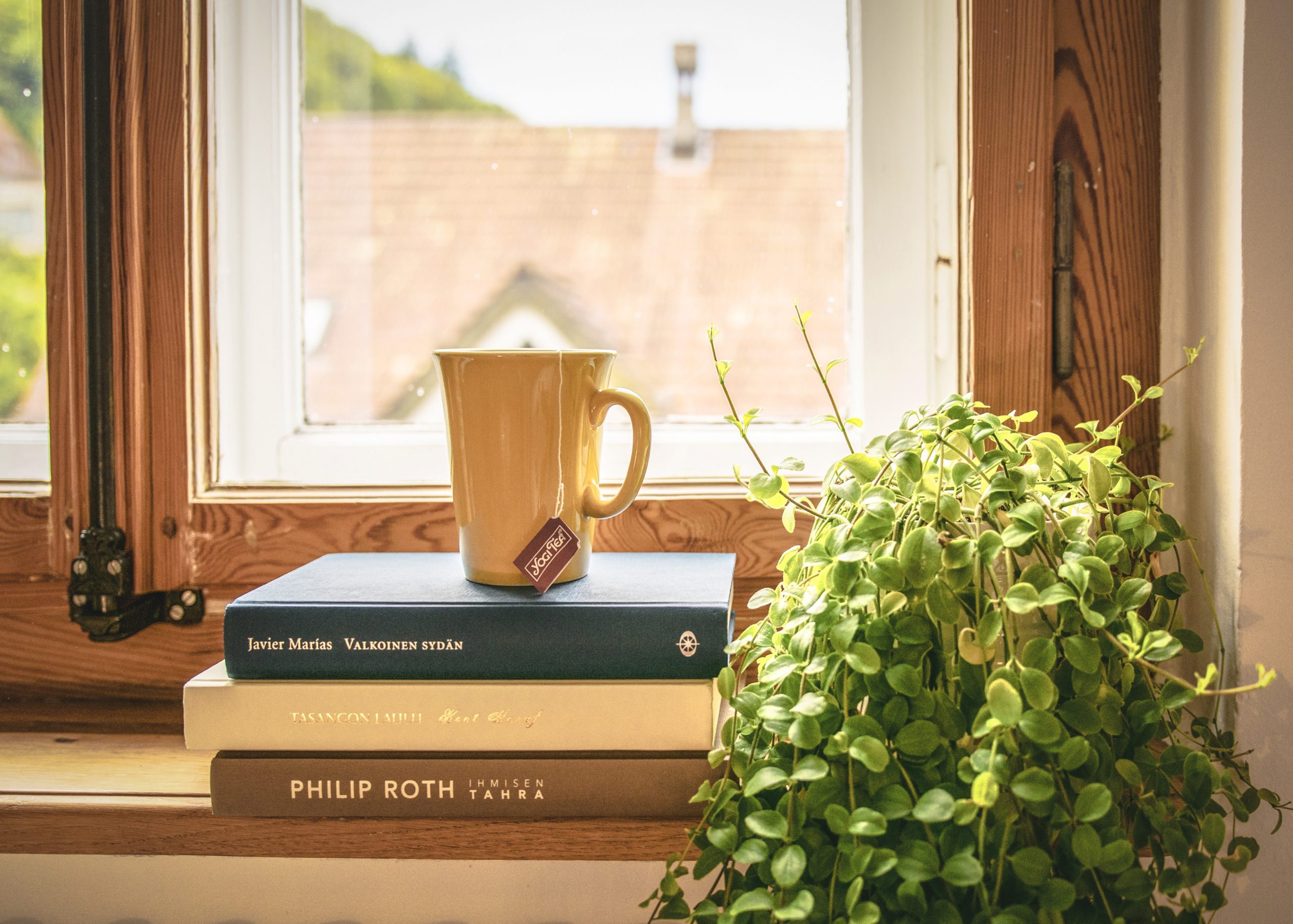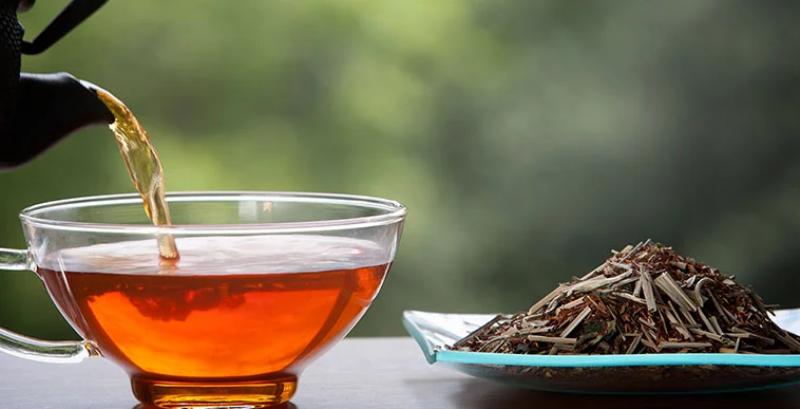Benefits of Having Indoor Plants

Are you a fan of indoor plants? We all are! Indoor gardening is a fun and enjoyable hobby which is gaining popularity. You can see various Instagram feeds covered with posts of plants and other online plant subscription services like grounded and lazy flora. While the trends of social media are highly notorious for rapid come and go of trends. Similarly, the indoor gardening trend may not last forever. However, there are many benefits of indoor plants that are enough to keep you motivated to grow more plants.
Here are some of the most common and biggest benefits of growing indoor house plants.
Seven benefits of indoor plants
Many people like growing plants indoors in their living spaces. But why are plants important to us? Here are seven science-backed benefits of having indoor plants.
Indoor plants help to reduce stress levels.
A study published in Physiological Anthropology Journal claims that growing indoor plants at home or office can make you feel soothed, comfortable, and like you are living in a natural environment.
In a study, few participants were given two tasks- to repot a houseplant or complete one short computer-based task. After every task, researchers measured the biological factors that are linked to stress, including blood pressure and heart rate.
They found that people who took part in indoor gardening faced a low-stress response. On the other hand, the computer task raised blood pressure and heart rate even though all of them were young men who were accustomed to computerized work.
Real plants may sharpen your attention.
If you have plastic indoor plants, they do not count in this. You should be growing real indoor plants to see their benefits. In a small study, it was found that 23 people were put in a classroom with fake plants, real plants, and pictures of plants, and no plants at all.
Brain scans results of all the students showed that people who were in the classroom with real pants were more attentive and had better concentration than students of other groups.
Working with plants can be therapeutic.
Another one of the biggest benefits of having house plants is the therapeutic effect. People who are experiencing mental illness symptoms can get help from indoor gardening. Researchers have found that horticulture therapy increases the wellness of people with anxiety, depression, dementia, and other such conditions.
Horticulture therapy has been around for many centuries. Even medical science in England is recommending potted plants to people with anxiety symptoms and depression.
Plants may help you recover from illness faster.
By looking at flowers and plants, you can speed up your recovery process from an injury, illness, or surgery. Research conducted in 2002 revealed that people who were recovering from different surgeries required less pain-related medication and had short hospital stays compared to people who did not look at greenery at all during the recovery period.
Plants may boost your productivity.
A bromeliad can become the best cubicle mate. Various research studies have found that the benefits of growing indoor plants in a workspace are increased creativity and productivity.
A study done in 1996 found that students who worked in a computer lab were 12% faster and less stressed by having plants around them. A 2004 study challenged people to make creative associations with words. Students showed better performance when there were plants in the room.
Also, research done in 2007 revealed that people who have many plants in workspaces fall sick less and have more productive jobs.
Plants may improve your whole outlook on work.
Having a view of the city park at work helps in improving job satisfaction; however, you will be surprised to know that a potted plant can have the same effect.
An interview done on 440 Amazon employees in India and the US found that employees who work in an environment with natural elements like indoor plants experienced greater job satisfaction and were also more committed to the company.
Researchers believe that natural elements help in buffering the effects of job anxiety and stress.
Plants may improve the quality of indoor air.
One of the most well-known benefits of having indoor or house plants is that they get rid of air contamination.
In a study conducted by NASA, researchers were finding ways to purify air quality in a sealed spaceship. They found that the roots and soil of houseplants help in reducing the airborne volatile organic compounds.
Recent findings have confirmed that when you have many house plants or indoor plants in a living space, the air purifying capacity is equal to modern biofilter technologies.
These are some of the most effective air-purifying plants.
- Areca, dwarf date, lady, and bamboo palms
- rubber tree
- Boston fern
- spider plant
- Ficus tree
Indoor plant varieties should be safe for pets and children.
It is impossible to find a list of plants that may be poisonous to pets and kids and some that can be safe.
Before you get new house plants, make sure to keep them out of reach of kids and pets.
Here is a list of some of the plants that can be poisonous to animals or children:
- amaryllis
- dieffenbachia
- Azalea
- aloe vera
- chrysanthemums
- cyclamen
- jade
- lilies of many varieties
- English ivy
- jonquils
- philodendron
- mistletoe
- monstera deliciosa
- pothos
- poinsettias
- umbrella plant
- sago palm
You should always double-check before getting a news house plant in your home.
Can houseplants trigger allergies or asthma?
If you have asthma or any allergy, then the symptoms can get worse by pollen. However, there are very few houseplants that produce pollen. However, certain flowers like daffodils can cause pollen allergies and even aggravate asthma.
If you notice that your allergic symptoms get triggered by mold, fungi, dampness, then you will be required to pay more attention to the soil moisture level in your indoor pot plants.
Also, note that plants that are exposed to indoor dampness, fungi, and mold can make asthma symptoms worse, especially in children.
The bottom line
The benefits of having indoor house plants are plenty. These are not a source of pleasure but also help in relieving stress, boosting productivity, focus and creativity, and even promote faster recovery.
Knowing which plant is toxic for your pets or kids is also very important. If you have any allergies or asthma, be aware of certain species that can elevate the symptoms.
Sharing working space with an alive and breathing plant makes sure that you live in a happy and healthy environment, even at home or workspace.






